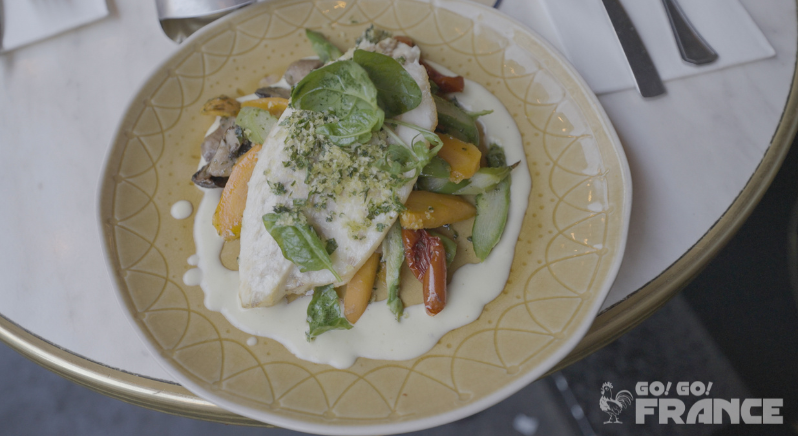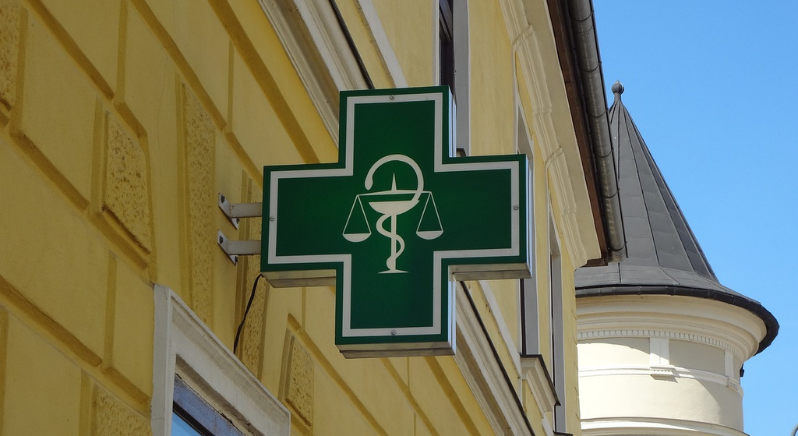France is renowned for its rich culinary heritage, and mealtimes are an integral part of French culture. Understanding the rhythm and customs of French mealtimes can significantly enhance your experience when visiting or living in France.
This guide will walk you through the typical French eating schedule, common foods enjoyed at each meal, and etiquette tips to help you navigate dining like a local.
Breakfast (Le petit-déjeuner)
The French typically start their day with a light breakfast, usually between 7:00 AM and 9:00 AM. “Le petit-déjeuner” often consists of:
- Coffee (Café) or tea (Thé)
- Bread (Pain) or toast (Tartine) with butter (Beurre) and jam (Confiture)
- Pastries (Viennoiseries), such as croissants (Croissants) or pain au chocolat (Pain au chocolat)
- Yogurt (Yaourt) or fruit (Fruit)
Breakfast is usually a quick affair, enjoyed at home or at a local café before starting the day.

Lunch (Le déjeuner)
Lunch is traditionally the main meal of the day in France, and it’s typically enjoyed between 12:00 PM and 2:00 PM. While weekday lunches may be shorter due to work schedules, leisurely weekend lunches can stretch for several hours.
A typical French lunch often includes:
- A starter (Entrée), such as a salad (Salade) or soup (Soupe)
- A main course (Plat Principal), which may include meat (Viande), fish (Poisson), or poultry (Volaille) with vegetables (Légumes)
- Cheese (Fromage)
- Dessert (Dessert)
- Wine (Vin) and bread (Pain) are often served with lunch

Snacks (Le goûter)
In addition to the three main meals, the French often enjoy a light afternoon snack called “le goûter”, usually around 4:00 PM. This snack is particularly popular with children and may include:
- Pastries (Viennoiseries)
- Fruit (Fruit)
- Yogurt (Yaourt)
- A small sandwich (Petit sandwich)
Dinner (Le Dîner)
Dinner in France is usually a lighter meal than lunch, enjoyed between 7:00 PM and 9:00 PM. It typically consists of:
- A starter (Entrée), such as soup (Soupe) or salad (Salade)
- A main course (Plat Principal), which may be simpler than the lunch main course
- Dessert (Dessert) or fruit (Fruit)
- Wine (Vin) and bread (Pain) may also be served
Dining etiquette in France
Observing proper dining etiquette is essential in French culture. Here are a few key points to keep in mind:
- Wait for the host to say “bon appétit” before starting to eat.
- Keep your hands above the table, not in your lap.
- Use your fork and knife to eat, even with foods like pizza or sandwiches.
- Don’t cut your salad with a knife; fold it with your fork instead.
- If you don’t want any more wine, leave a small amount in your glass.
- Indicate you’ve finished eating by placing your knife and fork parallel on your plate.
Read more about table manners and etiquette here: https://www.bonappetit.com/search?q=etiquette
One last thing, don’t be surprised if you see people using bread as an accompaniment to their meal instead of eating it separately – this practice is quite common in France. Bon appétit!





